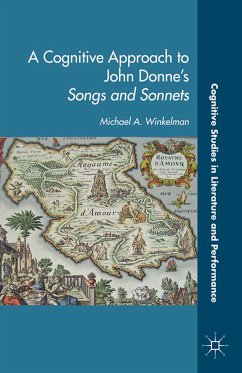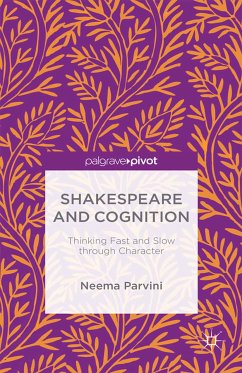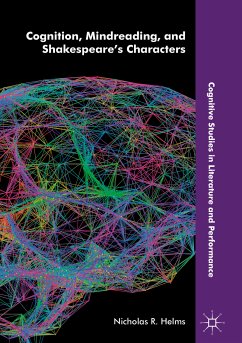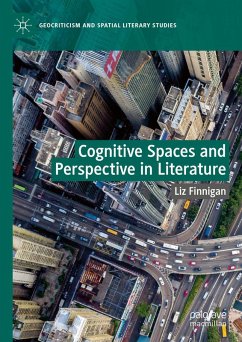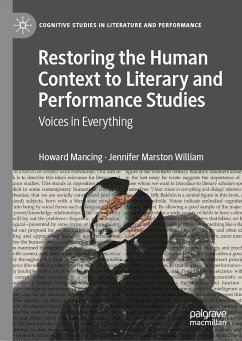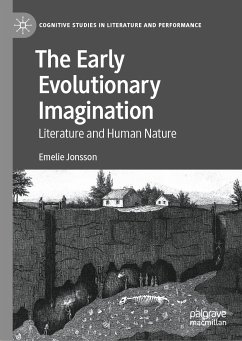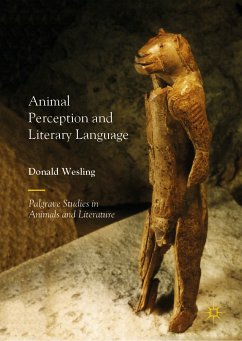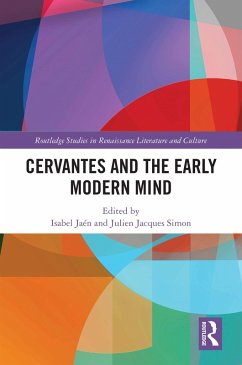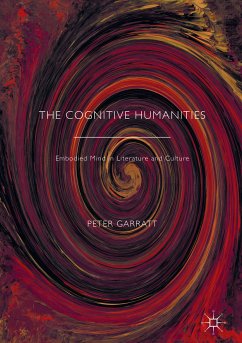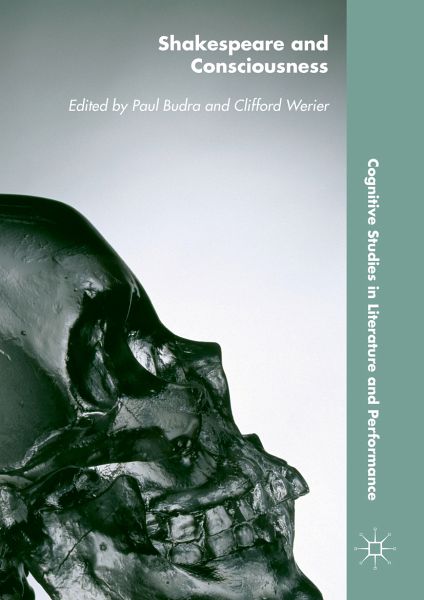
Shakespeare and Consciousness (eBook, PDF)
Versandkostenfrei!
Sofort per Download lieferbar
72,95 €
inkl. MwSt.
Weitere Ausgaben:

PAYBACK Punkte
36 °P sammeln!
This book examines how early modern and recently emerging theories of consciousness and cognitive science help us to re-imagine our engagements with Shakespeare in text and performance. Papers investigate the connections between states of mind, emotion, and sensation that constitute consciousness and the conditions of reception in our past and present encounters with Shakespeare's works. Acknowledging previous work on inwardness, self, self-consciousness, embodied self, emotions, character, and the mind-body problem, contributors consider consciousness from multiple new perspectives-as a pheno...
This book examines how early modern and recently emerging theories of consciousness and cognitive science help us to re-imagine our engagements with Shakespeare in text and performance. Papers investigate the connections between states of mind, emotion, and sensation that constitute consciousness and the conditions of reception in our past and present encounters with Shakespeare's works. Acknowledging previous work on inwardness, self, self-consciousness, embodied self, emotions, character, and the mind-body problem, contributors consider consciousness from multiple new perspectives-as a phenomenological process, a materially determined product, a neurologically mediated reaction, or an internally synthesized identity-approaching Shakespeare's plays and associated cultural practices in surprising and innovative ways.
Dieser Download kann aus rechtlichen Gründen nur mit Rechnungsadresse in A, B, BG, CY, CZ, D, DK, EW, E, FIN, F, GR, HR, H, IRL, I, LT, L, LR, M, NL, PL, P, R, S, SLO, SK ausgeliefert werden.




